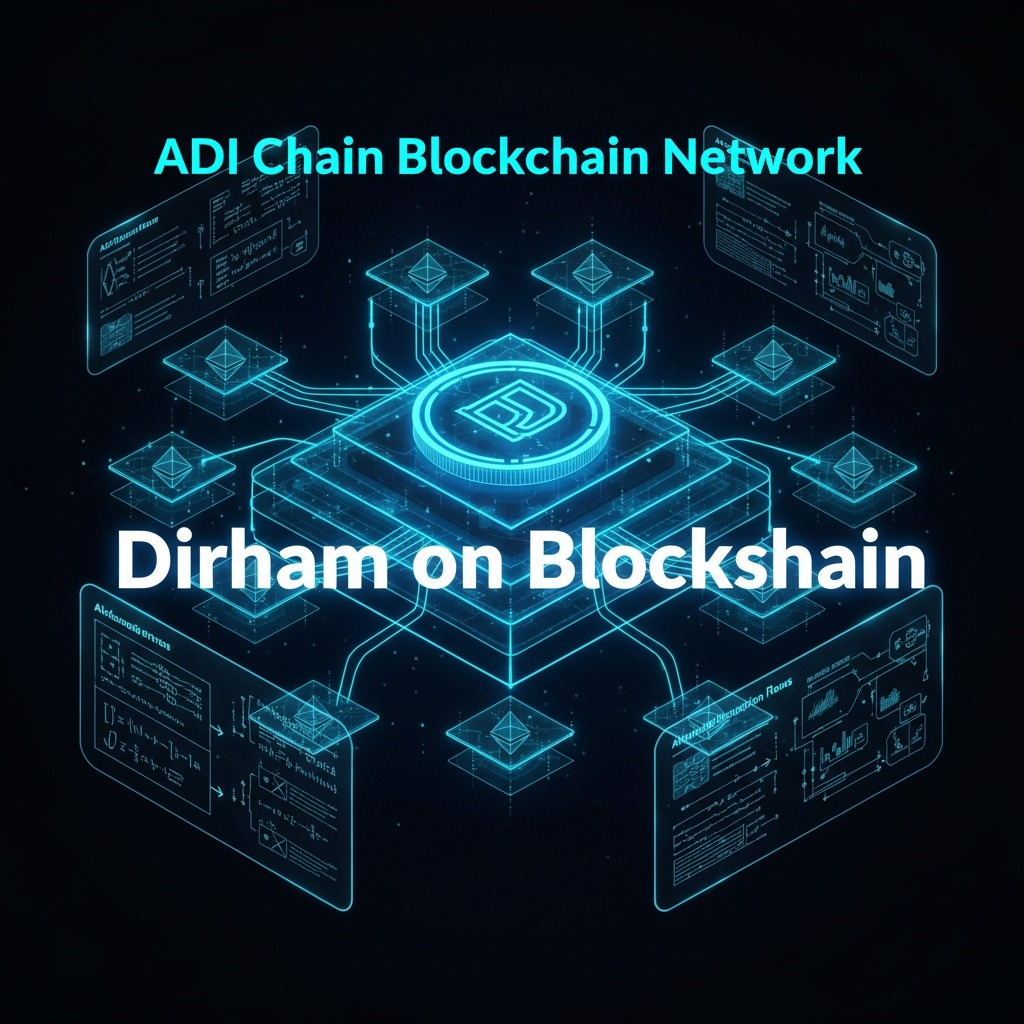Abu Dhabi’s International Holding Company (ICH), renowned for its $240 billion market capitalization, is taking significant strides into the blockchain space with the introduction of ADI Chain. This new Layer 2 blockchain is specifically designed to support a dirham-pegged stablecoin and facilitate various state-linked digital initiatives.
The announcement was made during Token2049 in Singapore on October 1, 2023, by the ADI Foundation, a subsidiary of ICH. The development of ADI Chain signifies a meaningful shift in the region’s financial landscape, particularly as it seeks to integrate blockchain technology into everyday financial systems.
With plans for a mainnet launch in the fourth quarter of this year, ADI Chain is being launched as a robust infrastructure for an array of applications, including payments, tokenized assets, digital identity management, land registries, and healthcare records. The initiative is notable for incorporating ZKsync’s Airbender technology, a zero-knowledge system that allows for rapid block proof validations.
The upcoming stablecoin, linked to the United Arab Emirates Dirham (AED), is being jointly developed by First Abu Dhabi Bank, the Abu Dhabi state fund ADQ, and ICH. Furthermore, the initiative will receive oversight from the UAE Central Bank, ensuring a regulatory framework for the new digital currency.
As highlighted by Alex Gluchowski, the founder of ZKsync and CEO of Matter Labs, many existing blockchain platforms struggle to accommodate the compliance requirements of international institutions and government regulators. He emphasized that ADI Chain has the potential to address these challenges effectively. “ADI has the scale to reach these stakeholders and upgrade their legacy systems in a manner that should be transformative for their private and public sectors,” Gluchowski stated in the announcement.
Currently, ADI Chain has positioned itself to onboard approximately 50 projects from across the Middle East, Africa, and Asia. Many firms that are affiliated with ICH are anticipated to introduce users to this network once it goes live, thereby fostering an ecosystem of decentralized finance and digital transactions.
Notably, ADI Chain is not the only stablecoin initiative underway in the United Arab Emirates. In April, USDC issuer Circle received in-principle approval from the Abu Dhabi Global Market’s Financial Services Regulatory Authority to function as a money services provider in the region. Additionally, Tether has expressed intentions to launch an AED-pegged stablecoin, although this project is still pending regulatory approval.
This progressive approach to blockchain technology and digital currencies emphasizes the UAE’s commitment to becoming a major player in the global financial sector. With established players like ICH leading the charge, the region is poised to significantly enhance its capabilities in the realm of digital finance.
As the landscape of cryptocurrencies and blockchain technology continues to evolve, the launch of ADI Chain marks a notable chapter in the UAE’s financial narrative, signaling a future where traditional finance increasingly intertwines with innovative fintech solutions.



